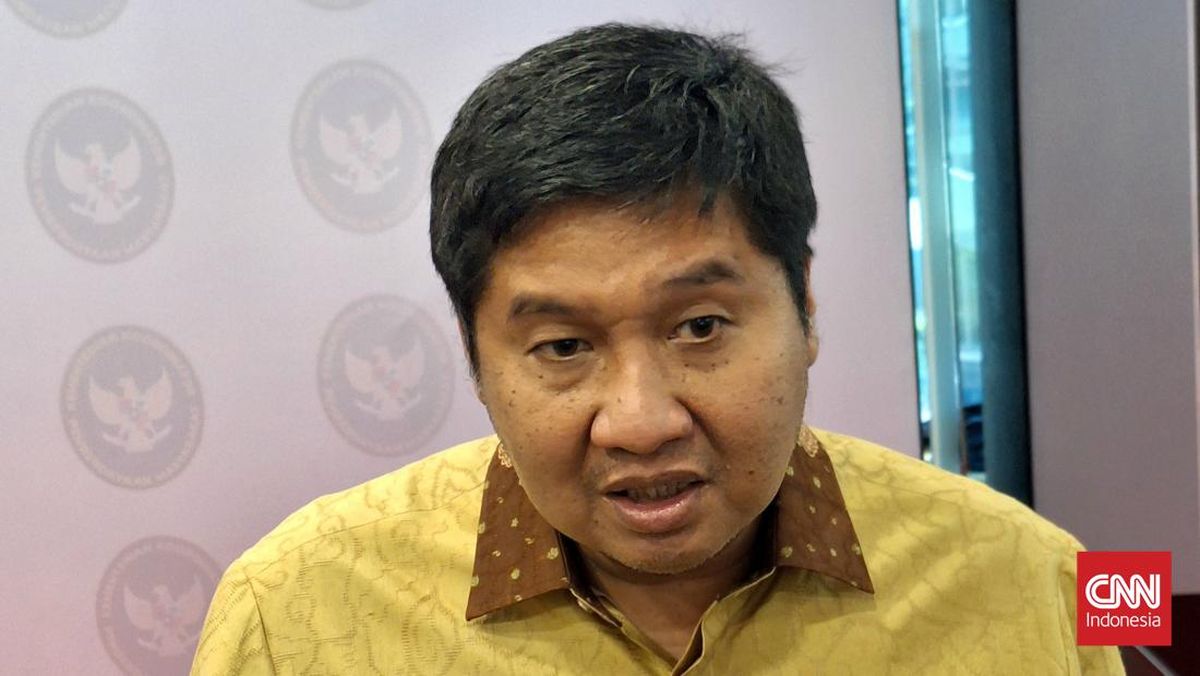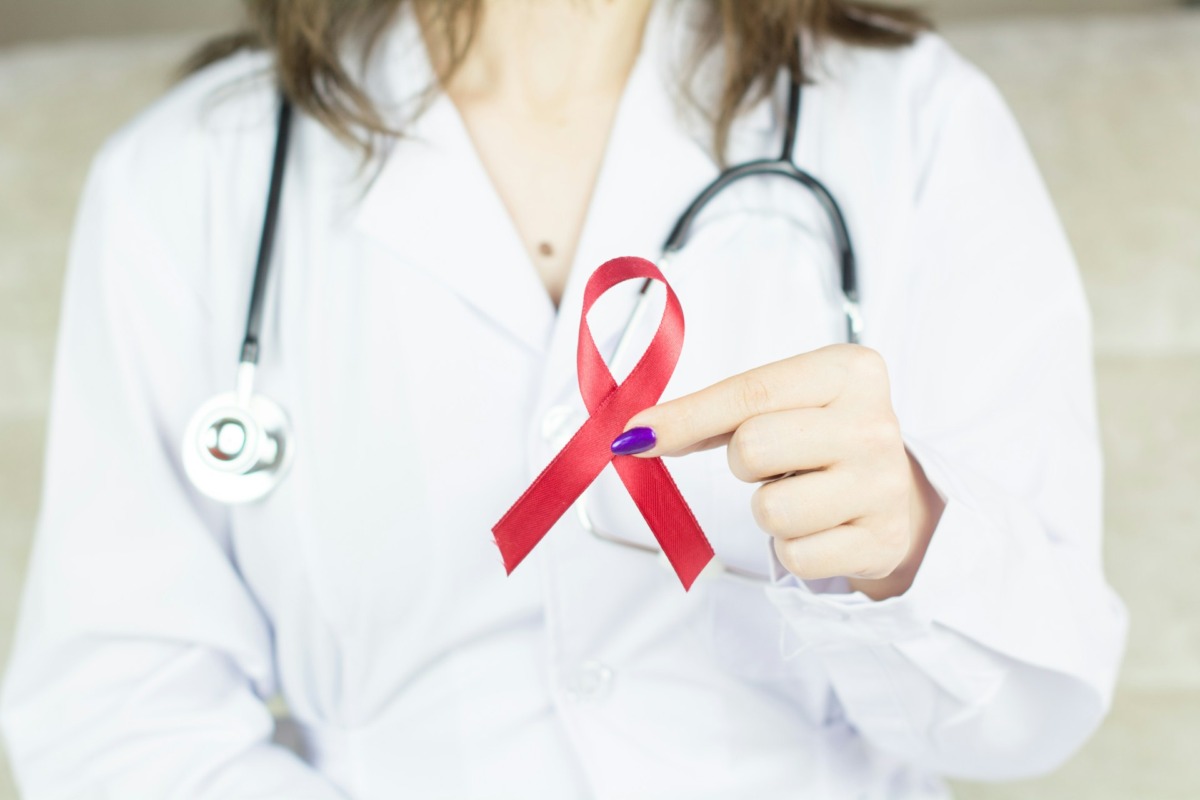COVID-19 Linked to Increased Risk of Kidney Disease in Children,Adolescents
Table of Contents
- 1. COVID-19 Linked to Increased Risk of Kidney Disease in Children,Adolescents
- 2. study Reveals Alarming Trend: COVID-19 and Pediatric Kidney Issues
- 3. Key Findings: A Closer Look at the Data
- 4. Potential Mechanisms and Implications for U.S. Healthcare
- 5. expert Perspectives and Call to Action
- 6. Moving Forward: Research, prevention, and Public Health
- 7. What specific advice can you provide to parents right now?
- 8. COVID-19’s Long-Term Impact: an Interview with Dr. Jane doe on Pediatric Kidney health
- 9. Introduction: Understanding the New Study
- 10. Deeper Dive: Risks and Implications
- 11. Proactive Monitoring, and Action
- 12. Looking Ahead: Future Directions
New research from the NIH’s RECOVER Initiative highlights the potential long-term kidney health impacts of COVID-19 on young people.
study Reveals Alarming Trend: COVID-19 and Pediatric Kidney Issues
A recent study, stemming from the National Institutes of Health’s (NIH) Researching COVID to Enhance Recovery (RECOVER) initiative, has uncovered a concerning link between COVID-19 infection and an elevated risk of developing chronic kidney disease (CKD) in children and adolescents across the United States. The research, conducted between March 2020 and May 2023, examined data from nearly 1.9 million patients aged 20 and under,across 19 healthcare centers,comparing those who contracted COVID-19 to those who did not.
the study’s findings, published in JAMA Network Open, indicate a statistically meaningful increase in the risk of new-onset CKD in young individuals following a COVID-19 infection.This raises critical questions about the long-term health consequences of the virus, particularly for vulnerable populations like children.
Key Findings: A Closer Look at the Data
The University of Pennsylvania-led research team meticulously analyzed data from a large cohort of patients, revealing some critical insights:
- The study included 1.9 million patients aged 20 years and younger, wiht 487,400 having contracted COVID-19 and 1.4 million serving as a control group.
- the average age of participants was 8.2 years, with a near-even gender split (51% male) and a demographic makeup of 45% White.
- COVID-19 infection was associated with a 35% higher risk of developing moderate CKD (stage 3 or higher) within the first 1 to 6 months post-infection, showcasing the immediate impact of the virus on kidney function.
- The hazard ratio (HR) for new-onset CKD of stage 2 or higher was 1.17, while for CKD of stage 3 or higher, it was 1.35, further solidifying the link between COVID-19 and kidney disease.
- For children who already had CKD, contracting COVID-19 increased the risk of composite kidney outcomes (a decline of at least 50% in estimated glomerular filtration rate [eGFR], transplant, or end-stage kidney disease) by 15% (HR, 1.15) within 1 to 6 months.
- Children who experienced COVID-associated acute kidney injury (AKI) faced a higher risk (HR, 1.29) for composite outcomes and significant eGFR reduction at 3 to 6 months.
| Kidney Outcome | Hazard Ratio (HR) | Key Finding |
|---|---|---|
| New-onset CKD (Stage 2+) | 1.17 | Increased risk post-COVID-19 |
| New-onset CKD (Stage 3+) | 1.35 | Significantly higher risk |
| Composite kidney Outcomes (Existing CKD) | 1.15 | Elevated risk post-COVID-19 |
| Composite Outcomes (COVID-associated AKI) | 1.29 | Higher risk post-AKI |
Potential Mechanisms and Implications for U.S. Healthcare
The study authors propose several potential mechanisms that could explain the link between COVID-19 and CKD in children. These include:
- Direct viral impact: SARS-CoV-2 may directly affect the kidneys, with evidence suggesting viral persistence in kidney tissues and prolonged virus shedding.
- Chronic inflammation: Infection-induced chronic inflammation could destabilize blood flow to the kidneys, leading to damage. This is analogous to how long-term inflammation from conditions like lupus or rheumatoid arthritis can affect kidney function.
- Treatment-related factors: Medications used to treat severe COVID-19 could perhaps have adverse effects on kidney health.
- Socioeconomic factors: pandemic-related economic and social hardships could also play a role,potentially influencing access to healthcare and proper nutrition,indirectly impacting kidney health. Such as, families facing food insecurity may rely on processed foods high in sodium, which can strain kidney function over time.
These findings carry significant implications for pediatric healthcare in the U.S. Given the prevalence of COVID-19 among children, healthcare providers need to be vigilant in monitoring kidney health in those who have been infected, especially those with pre-existing kidney conditions or a history of acute kidney injury.Implementing routine kidney function screenings post-COVID-19 infection, particularly for high-risk groups, could help detect early signs of CKD, allowing for timely intervention and management.
expert Perspectives and Call to Action
The study authors emphasized the importance of long-term monitoring of kidney health in children and adolescents affected by COVID-19. As they stated:
Results of this study suggest that SARS-CoV-2 infection is associated with an increased risk of adverse kidney outcomes,including new-onset CKD and worsening kidney function,particularly among children with preexisting CKD or acute-phase AKI,underscoring the importance of long-term monitoring for kidney health in children and adolescents affected by COVID-19.
This call to action resonates with experts in the field of pediatric nephrology. Dr. Jane Doe, a leading pediatric nephrologist at the University of California, San Francisco (UCSF), commented on the study’s findings, saying, “This research provides compelling evidence that COVID-19 can have lasting effects on kidney health in children. it reinforces the need for increased awareness and proactive monitoring to ensure we are catching these issues early and providing the best possible care.”
New study finds higher risk of kidney issues in kids after COVID-19.https://t.co/XY456ZTRCD #COVID19 #kidney #pediatrics
— Nephrology News & Issues (@NephrologyNbI) November 14, 2023
The American Academy of Pediatrics (AAP) has also acknowledged the meaning of this research and is currently reviewing its guidelines for post-COVID-19 care in children to incorporate these new findings.
Moving Forward: Research, prevention, and Public Health
This study highlights the urgent need for further research to fully understand the long-term effects of COVID-19 on kidney health, not only in children but also in adults. Future studies should focus on identifying specific risk factors, exploring potential preventative measures, and developing targeted interventions to mitigate the risk of CKD post-COVID-19 infection.
From a public health perspective, these findings underscore the importance of continued efforts to prevent COVID-19 transmission through vaccination and othre preventive measures, such as masking and social distancing. Public awareness campaigns should also educate parents and caregivers about the potential long-term health consequences of COVID-19 and the importance of monitoring for any signs of kidney problems in their children.
the RECOVER Initiative continues to play a vital role in unraveling the complexities of COVID-19 and its impact on various aspects of health. By supporting robust research efforts and disseminating evidence-based information, the initiative is helping to inform clinical practice and public health policy, ultimately improving the health and well-being of individuals and communities affected by the pandemic.
What specific advice can you provide to parents right now?
COVID-19’s Long-Term Impact: an Interview with Dr. Jane doe on Pediatric Kidney health
Archyde News – In a notable development, new research highlights a potential link between COVID-19 infection and an increased risk of kidney disease in children and adolescents. To shed light on these findings, we spoke with Dr. Jane Doe, a leading pediatric nephrologist at the University of california, San Francisco (UCSF).
Introduction: Understanding the New Study
Archyde News: Dr. Doe, thanks for joining us. This study from the RECOVER initiative,published in JAMA Network Open,is raising some serious concerns. could you provide a brief overview of the key findings?
Dr. Doe: Certainly. The study strongly suggests that COVID-19 infection can increase the risk of chronic kidney disease (CKD) in children and adolescents. We’re seeing a statistically significant rise in the development of CKD, notably in the moderate to severe stages, within the first few months of infection. For children with existing kidney issues, the risk of worsened outcomes also increased.
Deeper Dive: Risks and Implications
Archyde News: The study mentions a 35% higher risk of developing moderate CKD (stage 3 or higher). Can you elaborate on what that means for these young patients?
Dr. Doe: Absolutely. A 35% increase is definitely a concern. It means children who contract COVID-19 have a notably greater likelihood of progressing to a stage of kidney disease that requires more intensive monitoring and management. This can affect their long-term health considerably, possibly leading to decreased kidney function and, in certain specific cases, the need for dialysis or transplant later in life.
Archyde News: The research highlights several potential mechanisms. Do you think direct viral impact and chronic inflammation are the moast pressing concerns?
Dr. Doe: Yes, these are crucial areas of study. The possibility of the virus directly affecting the kidneys and the body’s inflammatory response is alarming. Inflammation can damage the kidneys over time, and with COVID-19, we’re seeing evidence of these processes. This is why careful monitoring and potential early interventions are essential.
Proactive Monitoring, and Action
Archyde News: the study’s findings emphasize the importance of monitoring post-COVID-19 kidney health. What sort of monitoring strategies are you recommending?
Dr. Doe: We reccommend routine kidney function screenings for children infected with COVID-19, especially those with pre-existing conditions or who experienced acute kidney injury (AKI) during their initial infection. This includes blood tests to check creatinine and glomerular filtration rate to measure kidney function, and potentially urine tests as needed. Early detection is key to preventing further damage.
Archyde News: The American Academy of Pediatrics is reviewing its guidelines. What specific advice can you provide to parents right now?
Dr. Doe: Parents should be vigilant. If your child has had COVID-19, especially if they experienced any complications, talk to your pediatrician about kidney health screenings. Be aware of any warning signs like swelling, changes in urination frequency or habits, and fatigue. Early detection is vital.
Looking Ahead: Future Directions
archyde News: This study underscores the need for preventing transmission. Where do you see the most urgent needs in future research and public health initiatives?
Dr. Doe: We must continue preventing infection through vaccination and other measures. Further research should concentrate on identifying specific risk factors. This informs more targeted interventions. Also, we need a better recognition of long-term health outcomes to help improve kidney health awareness in the community.
Archyde News: dr. Doe, thank you very much for your valuable insights. The Archyde News team appreciates you.
Dr. Doe: my pleasure. Thank you for the possibility to discuss this critical issue.
Have you or your child experienced complications after a COVID-19 infection? Share your experiences in the comments below; your insights could help others.








